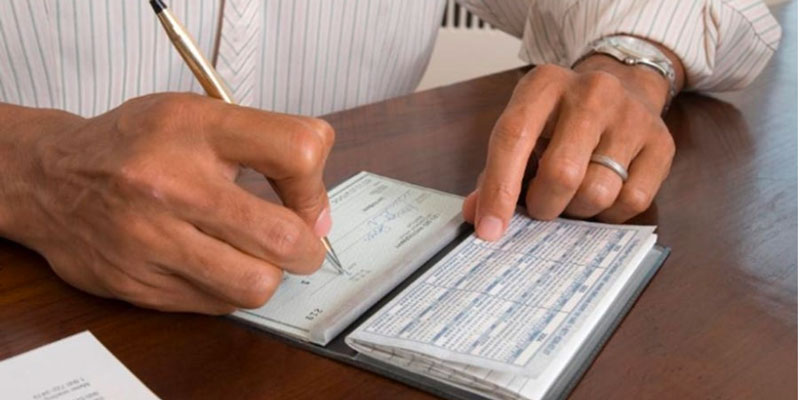When you establish a revocable living trust, one of the things you have to do is choose a successor trustee. After you pass away, this person will come in to continue managing and settling your trust. Should you become mentally incapable of making decisions, this someone would also be asked to serve in your place.
In a revocable trust, the individual who creates the trust often serves as the trustee. In contrast, an irrevocable trust requires a different individual to be nominated for this role, and it cannot be changed. When you can no longer take care of your revocable trust alone, a successor trustee is ready to step in and take over the administration of the trust.
Responsibilities of a Successor Trustee
After your passing, the settlement of your trust or the continuation of its management on your behalf falls within the purview of your successor trustee. To achieve this goal, the successor will need to execute the following steps:
- Identifying and safeguarding the assets of your trust
- Obtaining ownership of retirement assets, life insurance policies, and annuities on which your revocable living trust is identified as the principal beneficiary
- If it is required to go through the probate process, coordinating with the personal representative or executor of your estate
- Obtaining the valuations of your trust's assets as of the date of death involves assessing your real estate and commercial holdings, among other things.
- Identifying your debtors and making payments on these obligations
- Identifying your potential tax obligations about your estate or income
- putting together and submitting all of the needed income tax and estate tax returns
- Paying the continuous expenditures of managing your trust until it may be dissolved and the remainder of its assets handed to the beneficiaries you have designated.
- Obtaining the financial resources required to pay off your debts and the continuing costs associated with managing the trust and your outstanding income tax and estate tax obligations.
- Until the assets in your trust can be delivered to the beneficiaries, investing and managing those assets will be your responsibility.
Choosing Your Successor Trustee
Be sure that the person you designate to function as your successor can carry out these responsibilities before you name them to that role. The role of successor trustee comes with a significant amount of responsibility and often requires a significant investment of one's time. It is essential to choose the appropriate individual for the role or to identify an appropriate organization, such as a bank. Consider enlisting the assistance of a lawyer who specializes in estate planning for direction. It is imperative that in addition to naming your first choice trustee(s), you also choose one or more "backup" trustee(s) if your first choice trustee is unable to serve.

How To Appoint Your Successor Trustee
The paperwork you use to construct your trust has to include the name of your replacement trustee. The parameters you establish for your trust in these agreements, collectively referred to as the trust agreement will determine their precise responsibilities. When you pass away, you may want to ensure that all of the assets and property kept in the trust are distributed to the beneficiaries. You may also add that it needs to be terminated after the trust's purpose has been fulfilled.
In some circumstances, you may choose for your trust to continue operating normally after your passing. This is often done when it comes to keeping a property for the benefit of your young children. Because it is against the law for minors to legally possess property, your trust would keep it for them until they reach the age you chose.
Your replacement trustee would follow your directions about their care and pay disbursements to their guardian. They would be responsible for monitoring these distributions and managing the assets kept in your trust to ensure that adequate income is maintained from those assets.
Probate Issues

Probate may be avoided in certain cases via revocable living trusts. After someone dies, their estate must go through probate, a drawn-out and expensive legal process that decides how their assets should be distributed. It is recommended that you draft a pour-over will to transfer assets not already held in the trust into your trust after your passing. Probation would be necessary for this procedure. Probate is governed in a manner that is unique to each state. You may benefit from the assistance of an estate attorney in this area.




